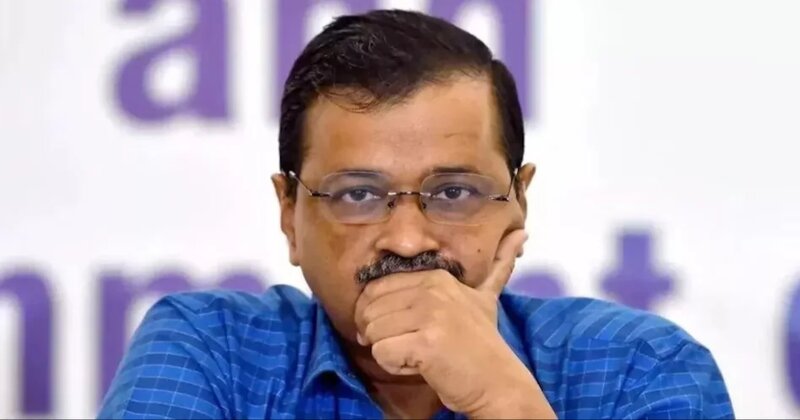
Delhi Chief Minister Arvind Kejriwal faces a significant setback as the Rouse Avenue court in Delhi has ordered his judicial custody until April 15 in the excise case related to the liquor policy. The decision follows a request from the Enforcement Directorate (ED) seeking a 15-day judicial custody for Kejriwal, citing his alleged lack of cooperation.
Meanwhile, in a parallel development, the Delhi High Court has directed the ED to furnish a report to the special judge regarding Kejriwal’s ability to issue directives while in custody in connection with a separate money laundering case. The ED clarified to the Delhi High Court that it is not facilitating any provisions for Kejriwal to carry out his duties as the Chief Minister during his custody. This directive from the High Court underscores the complexities surrounding Kejriwal’s legal situation and the broader implications for governance in Delhi.
The decision to remand Kejriwal in judicial custody until mid-April highlights the gravity of the allegations against him and the legal challenges he faces. It also raises questions about the functioning of the Delhi government in his absence. With Kejriwal unable to exercise his duties as Chief Minister while in custody, the situation adds a layer of uncertainty to Delhi’s administrative affairs and underscores the need for swift resolution to the legal proceedings surrounding him.

Post Your Comments